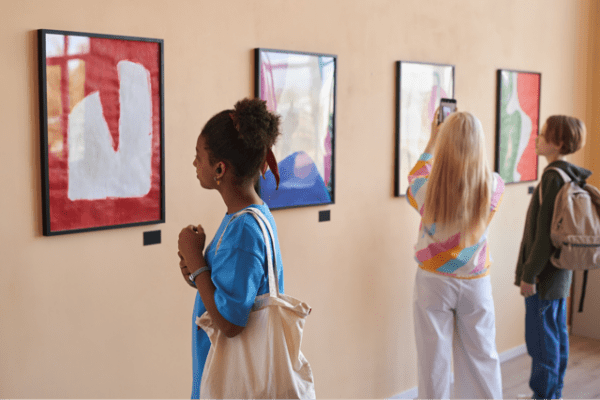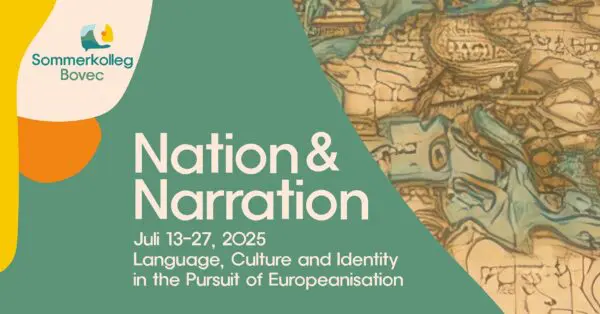
Weimar, Germany
Design Thinking Unleashed: Ignite Creativity and Solve Problems
When:
16 August - 30 August 2025
Credits:
3 EC
Read more
Cultural Studies
When:
26 July - 31 July 2015
School:
Heidelberg International Summer School
Institution:
Heidelberg University
City:
Country:
Credits:
5 EC
Fee:
250 EUR

The production and circulation of art in times of crisis is the topic of this year’s summer school hosted by the Cluster of Excellence “Asia and Europe in a Global Context”. At the end of July 2015, young researchers and renowned researchers from all over the world will discuss how art is created and perceived especially in precarious border regions. The summer school “Walking the Line – Art of Border Zones in Times of Crisis” addresses advanced students and doctoral candidates in the humanities and social sciences interested in visual and media anthropology as well as global art history. Applications can be submitted until 31 May 2015.
In particular, the summer school will explore how war, struggles for national independence and ideological conflicts around freedom of speech, for example, influence artists and what significance their work has for social and political development. A highlight will be the keynote address by art historian and curator Iftikhar Dadi (Cornell University, USA), who has done extensive research on Islamic Modernism and is also investigating issues of civic participation in urban publics in South Asia. Further topics include the production of art during the East-West division in post-war Germany and in Korea, the dissemination of Islamic video CDs in Indonesia and censorship in modern India.
The summer school is being organised by Cathrine Bublatzky, Isabel Ching and Franziska Koch in cooperation with Christiane Brosius, professor of Visual and Media Anthropology, and Monica Juneja, professor of Global Art History. Members of the Cluster’s “Arts and the Transcultural” research network are also involved in the summer school. It will be held from the 26th to the 31st of July, 2015.
Graduate students, doctoral candidates, young scholars
Fee
250 EUR, Participation fee
When:
26 July - 31 July 2015
School:
Heidelberg International Summer School
Institution:
Heidelberg University
Credits:
5 EC

Weimar, Germany
When:
16 August - 30 August 2025
Credits:
3 EC
Read more

Bovec, Slovenia
When:
13 July - 27 July 2025
Credits:
3 EC
Read more

Utrecht, Netherlands
When:
07 July - 15 August 2025
Credits:
12 EC
Read more